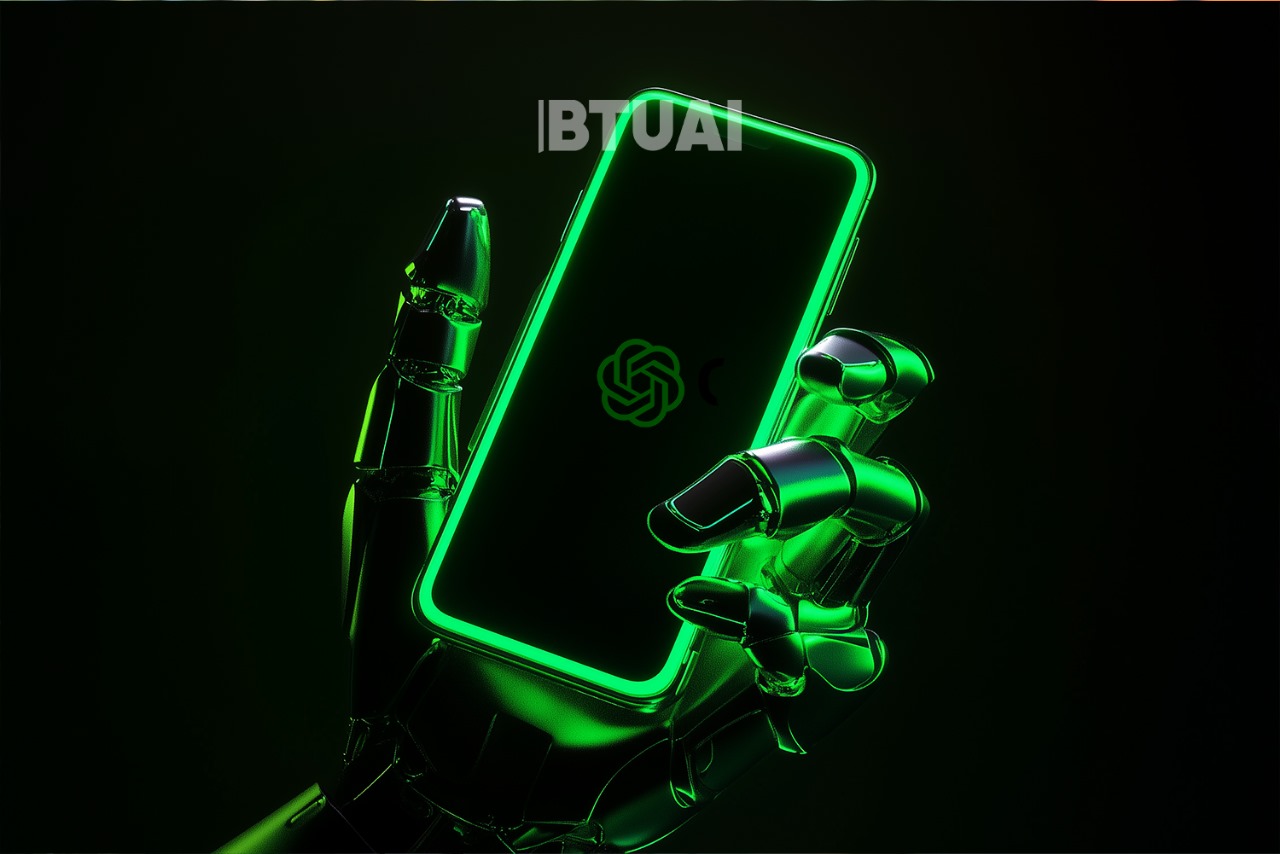OpenAI’s Revolutionary Mobile Phone: A Game-Changer in Human-Technology Interaction
OpenAI, led by Sam Altman, and legendary designer Jony Ive are collaborating on a radical new mobile phone that

OpenAI, led by Sam Altman, and legendary designer Jony Ive are collaborating on a radical new mobile phone that aims to transform how users interact with technology. This innovative device will significantly minimize text input, relying almost entirely on voice control, offering an experience vastly different from traditional smartphones.
Jony Ive’s involvement in this project is particularly noteworthy. As one of the most influential designers in tech history, he played a pivotal role in the creation of Apple’s iconic products, including the iMac, iPod, iPhone, iPad, and MacBook. His designs are known for their minimalism, functionality, and aesthetic excellence, setting Apple devices apart from competitors.
In 2019, after a 30-year tenure at Apple, Ive left the company to establish his own design firm, LoveFrom, which has worked with Ferrari, Airbnb, and now OpenAI. His collaboration on OpenAI’s mobile phone suggests that the device will not only be technologically groundbreaking but also aesthetically unique and highly intuitive.
A Shift Toward AI-Driven Voice Interfaces
In recent years, tech companies have been exploring minimalist designs and voice interfaces. Products like the Humane AI Pin and Rabbit R1, which relied on voice commands, failed to gain mass adoption due to rigid user interfaces and limited adaptability.
OpenAI’s new mobile phone seeks to address these limitations by offering a more seamless and natural experience. The company is reportedly developing its own AI-optimized microchips, making the device faster, more energy-efficient, and fully integrated with artificial intelligence.
According to Sam Altman, “AI requires fundamental changes in how humans interact with computers,” hinting that this phone may introduce a completely new interface paradigm beyond what we currently imagine.
Beyond Smartphones: A New Era of AI-Driven Devices
While voice assistants and AI-powered gadgets already exist, OpenAI’s mobile phone is expected to introduce a revolutionary interface. It will enable more natural and effortless user interactions, reducing reliance on traditional touchscreen inputs.
Altman has suggested that smartphones will gradually become obsolete, replaced by voice-controlled AI devices. OpenAI’s new phone could be the first major step toward this transition.
Other smart AI devices, such as Meta’s Ray-Ban smart glasses with ChatGPT integration, have already gained significant popularity, surpassing one million sales. If OpenAI’s mobile phone succeeds, it could reshape not only the smartphone industry but also the entire digital communication landscape.
A Groundbreaking Move in Tech Evolution
OpenAI’s new project could mark a turning point in technological innovation. If its concept is successfully realized, it will redefine how we perceive and use technology in everyday life.
The future of mobile devices is clear: smartphones are evolving toward minimalism and voice-driven interfaces. With OpenAI and Jony Ive at the forefront, this transformation could usher in a new era in computing, rewriting the rules of human-device interaction.




